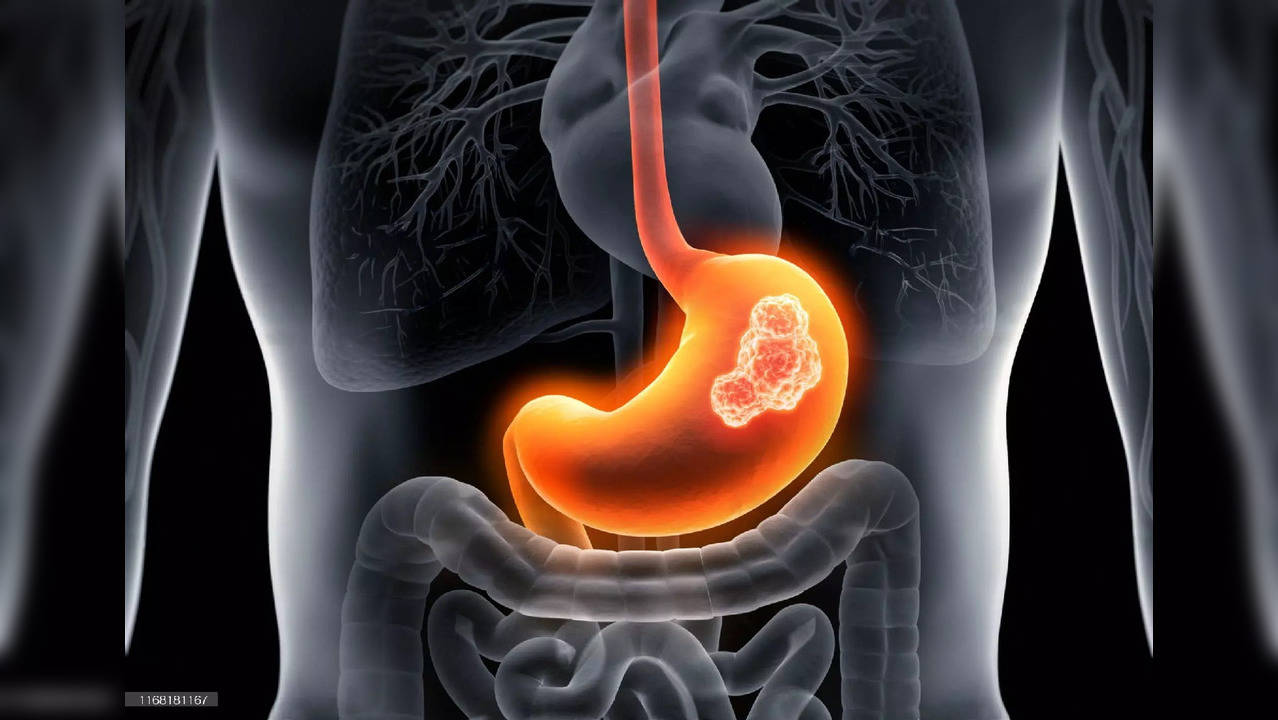Gastric disorders have become increasingly prevalent in today’s fast-paced lifestyle, affecting millions worldwide. Ayurveda, the ancient Indian system of medicine, offers profound insights into understanding and managing these disorders. According to Ayurveda, gastric disorders primarily stem from an imbalance in the digestive fire, known as “Agni.” Here’s a comprehensive look at gastric disorders from an Ayurvedic perspective:
 Gastric disorders often occur due to an aggravation of Pitta dosha, leading to excessive heat in the stomach and intestines. This imbalance can manifest as acidity, heartburn, ulcers, and inflammation.
Gastric disorders often occur due to an aggravation of Pitta dosha, leading to excessive heat in the stomach and intestines. This imbalance can manifest as acidity, heartburn, ulcers, and inflammation. Consuming excessively spicy, oily, or processed foods can disrupt the delicate balance of doshas, leading to digestive disturbances.
Consuming excessively spicy, oily, or processed foods can disrupt the delicate balance of doshas, leading to digestive disturbances. These symptoms indicate an underlying imbalance that needs to be addressed holistically.
These symptoms indicate an underlying imbalance that needs to be addressed holistically. This involves dietary modifications, lifestyle changes, herbal remedies, detoxification therapies, and stress management techniques.
This involves dietary modifications, lifestyle changes, herbal remedies, detoxification therapies, and stress management techniques. Including cooling foods like fresh fruits, vegetables, whole grains, and herbal teas can help pacify aggravated Pitta dosha. Avoiding spicy, fried, and processed foods is essential to prevent further aggravation.
Including cooling foods like fresh fruits, vegetables, whole grains, and herbal teas can help pacify aggravated Pitta dosha. Avoiding spicy, fried, and processed foods is essential to prevent further aggravation. These herbs aid in improving digestion, reducing inflammation, strengthening the digestive fire, and promoting overall gastrointestinal health.
These herbs aid in improving digestion, reducing inflammation, strengthening the digestive fire, and promoting overall gastrointestinal health. Therapies such as Virechana (purgation) and Basti (enema) are particularly beneficial in treating chronic gastric disorders.
Therapies such as Virechana (purgation) and Basti (enema) are particularly beneficial in treating chronic gastric disorders. Practices such as yoga, meditation, pranayama (breathing exercises), and regular exercise can help alleviate stress, improve digestion, and enhance overall well-being.
Practices such as yoga, meditation, pranayama (breathing exercises), and regular exercise can help alleviate stress, improve digestion, and enhance overall well-being. Consulting an experienced Ayurvedic practitioner is crucial to receiving personalized care and guidance.
Consulting an experienced Ayurvedic practitioner is crucial to receiving personalized care and guidance. Following a disciplined daily routine, eating mindfully, staying hydrated, and managing stress are key preventive measures to prevent the onset of gastric disorders.
Following a disciplined daily routine, eating mindfully, staying hydrated, and managing stress are key preventive measures to prevent the onset of gastric disorders.In conclusion, Ayurveda offers a holistic approach to understanding and managing gastric disorders by addressing the root cause and restoring the balance of doshas. By incorporating Ayurvedic principles into our lifestyle, we can promote digestive health, prevent ailments, and achieve overall well-being.